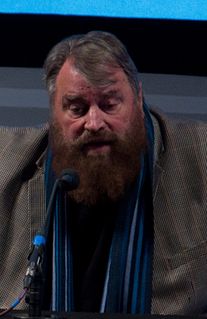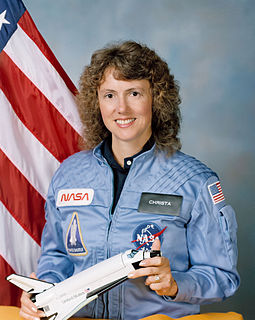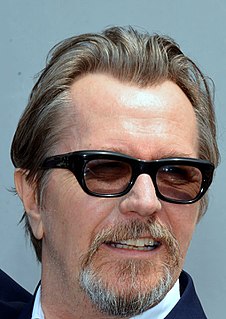A Quote by Charles Stross
Science fiction was rocket-mad for about 40 years until aerospace hit a brick wall about 1970. I would not write off space colonisation or exploration completely, but we are profoundly ill adapted for going boldly into outer space.
Related Quotes
The real origin of science fiction lay in the seventeeth-century novels of exploration in fabulous lands. Therefore Jules Verne's story of travel to the moon is not science fiction because they go by rocket but because of where they go. It would be as much science fiction if they went by rubber band.
I wasn't frightened going to outer space. I'd been living this in my head for many, many years, so I sort of had played all of these scenarios of flying into space and seeing earth. I think I was very prepared for it. It was almost a completely joyful, very happy, very exciting experience, and I didn't have time or any desire to think about what things could go wrong.
For the last several years and culminating in six months in orbit next year, I've been training for my third space flight. This one is almost in a category completely different than the previous two, specifically to live in on the space station for six months, to command a space ship and to fly a new rocket ship.





































